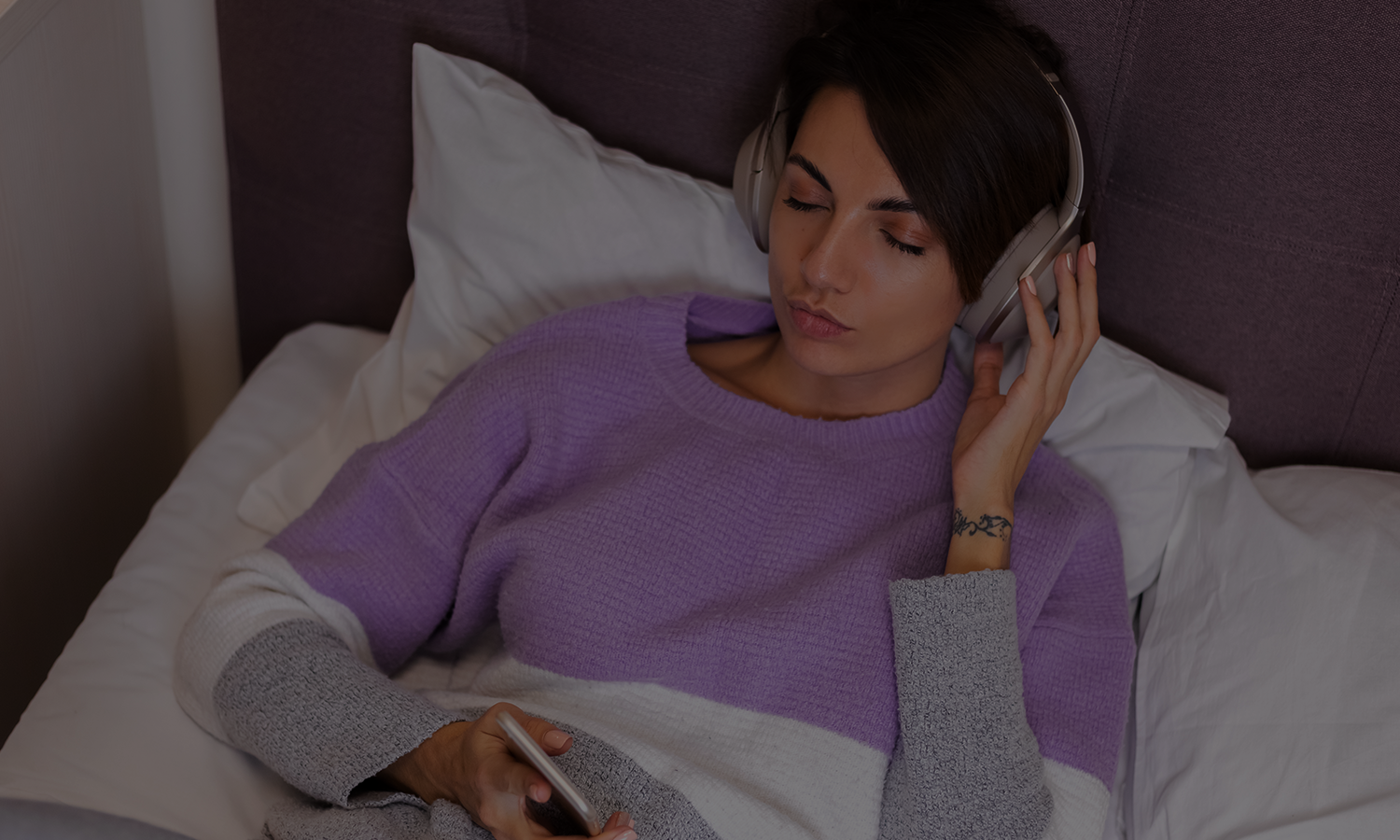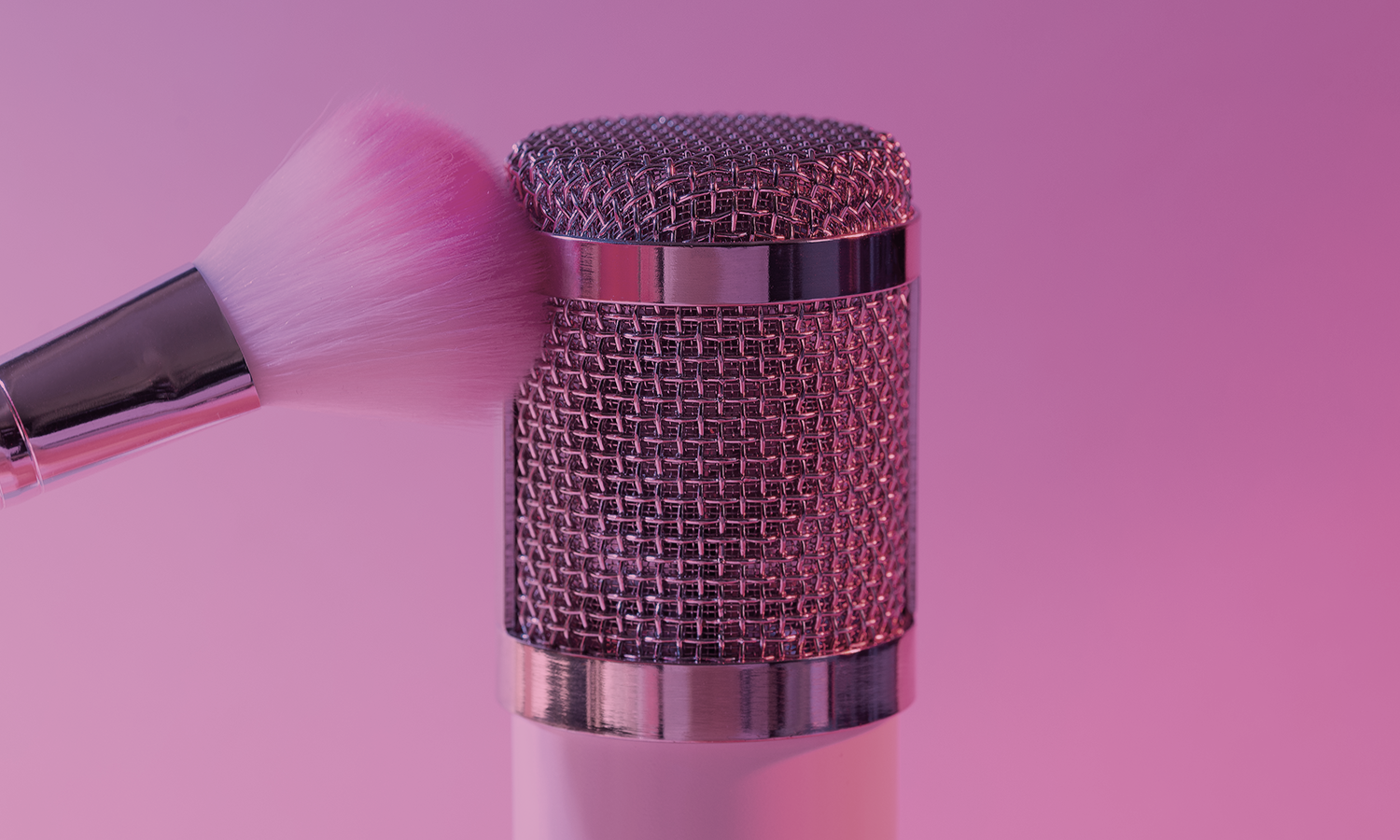Understanding Sleep and Its Importance
Sleep is an essential aspect of our lives, crucial for maintaining our overall well-being and functioning at our best. While we slumber, our bodies and minds undergo various stages of sleep, each playing a unique role in promoting restoration and rejuvenation.
However, the consequences of poor sleep can be significant, affecting our physical health, mental well-being, and overall quality of life.
In this blog post, we will delve into the world of Autonomous Sensory Meridian Response (ASMR), exploring its potential benefits in enhancing sleep.
We will uncover the science behind ASMR, explore different triggers that can induce relaxation, and provide practical tips for incorporating ASMR into your bedtime routine.
What is ASMR and How Does it Work?
ASMR, or Autonomous Sensory Meridian Response, refers to a pleasurable tingling sensation that individuals experience in response to specific triggers. These triggers typically involve gentle sounds, soft whispers, and personal attention. ASMR has gained significant popularity in recent years, with millions of people seeking out ASMR content online to induce relaxation and promote a sense of calm.
The tingling sensation associated with ASMR is often described as a soothing wave that starts at the scalp and cascades down the neck and spine. While ASMR triggers may vary from person to person, the aim remains the same – to induce a state of deep relaxation and tranquility.
The Role of ASMR Triggers
ASMR triggers play a pivotal role in eliciting the tingling sensation and promoting a state of relaxation. These triggers can be auditory, visual, or even tactile in nature. Auditory triggers, such as whispering, soft spoken voices, or gentle sounds like tapping and scratching, are among the most common and effective methods of inducing ASMR. Visual triggers, such as slow hand movements or the use of props, can also enhance the ASMR experience for some individuals.
The Science Behind ASMR and Sleep
While ASMR has gained widespread popularity, the scientific understanding of its mechanisms is still in its early stages. Preliminary research suggests that ASMR triggers may activate the parasympathetic nervous system, responsible for promoting relaxation and rest. This activation can lead to a decrease in heart rate and blood pressure, setting the stage for a more peaceful sleep experience.
Furthermore, ASMR triggers may help release endorphins and oxytocin, often referred to as "feel-good" hormones. These chemicals contribute to a sense of well-being and relaxation, making ASMR an appealing option for those seeking a natural and drug-free approach to improving sleep.
ASMR Triggers for Better Sleep
Now that we have a basic understanding of ASMR and how it works, let's explore some specific ASMR triggers that can enhance sleep quality:
- Whispering and Soft Spoken Triggers: The gentle and soothing sound of a whispered voice or soft-spoken narration can evoke a sense of calm and relaxation, making it easier to drift off to sleep.
- Relaxing Nature Sounds: The rustling of leaves, the gentle patter of raindrops, or the rhythmic sound of ocean waves can transport us to a tranquil environment, promoting a peaceful state of mind conducive to sleep.
- Gentle Tapping and Repetitive Sounds: The rhythmic and repetitive nature of tapping, whether it's light tapping on objects or the soft pitter-patter of raindrops, can have a hypnotic effect, lulling us into a deeper state of relaxation and aiding in falling asleep.
- Personal Attention and Roleplay Triggers: ASMR content creators often provide personal attention triggers, such as simulated hair brushing or virtual spa experiences. These triggers can evoke a sense of comfort and connection, mimicking the soothing effects of personal care and attention.
Benefits of ASMR for Sleep
Incorporating ASMR triggers into your bedtime routine can offer several benefits for improving sleep:
- Inducing Relaxation and Calm: ASMR triggers have the power to relax both the mind and body, reducing tension and promoting a sense of calmness. This relaxed state can facilitate the transition into sleep, allowing for a more peaceful and restorative rest.
- Reducing Anxiety and Stress: ASMR triggers have been found to help alleviate feelings of anxiety and stress. The gentle sounds and comforting sensations can provide a temporary escape from the worries and pressures of daily life, creating a soothing environment that promotes a peaceful mindset before sleep.
- Enhancing Sleep Quality: By promoting relaxation and reducing anxiety, incorporating ASMR triggers into your bedtime routine can contribute to an overall improvement in sleep quality. Better sleep quality translates to waking up feeling more refreshed and energized, ready to tackle the day ahead.
Incorporating ASMR into Your Bedtime Routine
To make the most of ASMR for sleep, consider the following tips when incorporating it into your bedtime routine:
- Creating a Soothing Environment: Prepare your sleep environment to be calm, quiet, and free from distractions. Dim the lights, remove electronic devices, and create a peaceful ambiance that supports relaxation.
- Finding Your Preferred Triggers: Experiment with different ASMR triggers to identify those that resonate most with you. Everyone has unique preferences, so explore a variety of sounds and visuals to find what induces the most relaxation and tingling sensations for you.
- Exploring ASMR Content: There is a vast array of ASMR content available online, ranging from whispered roleplays to nature soundscapes. Take the time to explore different channels and creators to find content that aligns with your specific needs and preferences.
Tips for Maximizing the Benefits of ASMR for Sleep
To maximize the benefits of ASMR for sleep, consider the following tips:
- Consistency and Regularity: Incorporate ASMR triggers into your bedtime routine consistently. Establishing a regular schedule helps signal to your body and mind that it's time to unwind and prepare for sleep.
- Limiting Electronic Devices Before Bed: Minimize exposure to electronic devices, particularly screens, in the hour leading up to bedtime. The blue light emitted by screens can interfere with your body's natural sleep-wake cycle, making it more difficult to fall asleep.
- Combining ASMR with Relaxation Techniques: Pair ASMR triggers with relaxation techniques such as deep breathing, progressive muscle relaxation, or meditation. This combination can enhance the overall relaxation response and create a deeper sense of tranquility before sleep.
ASMR and Sleep Disorders
While ASMR may offer benefits for individuals with sleep disorders, it's important to view it as a complementary approach rather than a standalone solution. If you have a diagnosed sleep disorder, it's advisable to consult with a healthcare professional who can provide personalized guidance and explore appropriate treatment options.
Other Considerations and Precautions
When engaging with ASMR content, it's crucial to consider individual sensitivity and preferences. Some individuals may find certain triggers uncomfortable or may not experience the desired tingling sensations. It's essential to respect personal boundaries and listen to your body's responses to different triggers.



